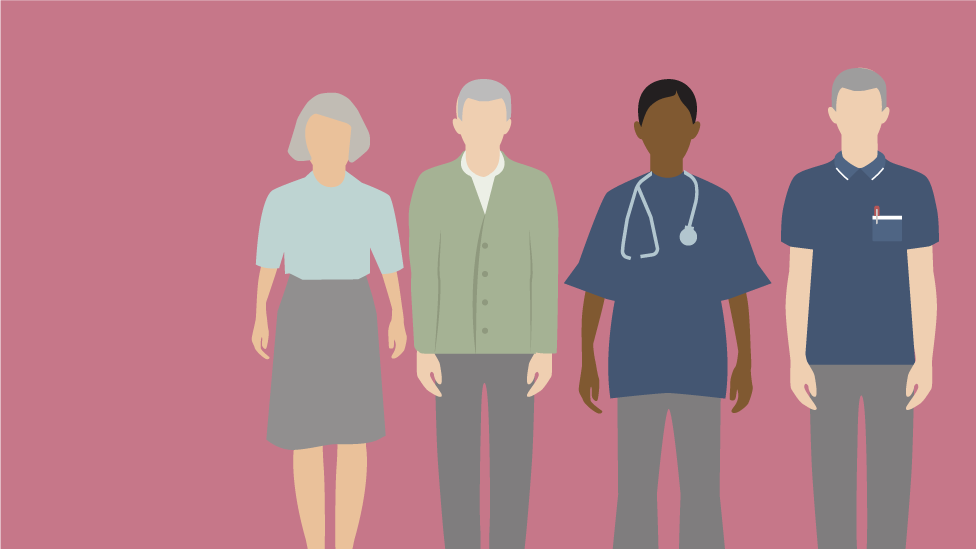Conservative manifesto: Why many will pay more for care
- Published
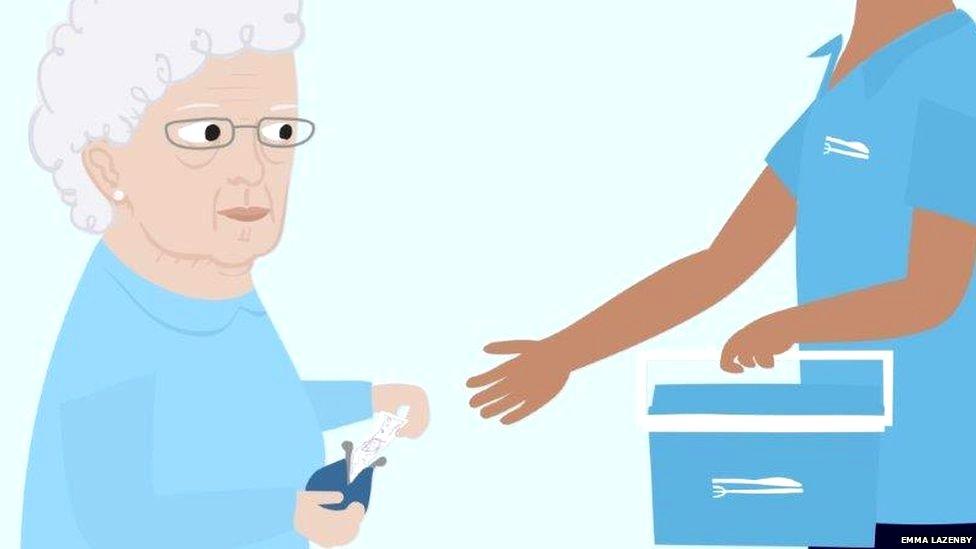
What the Conservatives have proposed for elderly care in England is complex.
They are changing certain thresholds as well as what can be defined as assets and how long you wait before you have to pay your bill.
But in the end it can be summed up quite easily. They want people to pay more towards the cost of their care, but are prepared to wait until you die before taking it from your estate.
Yes, some elements of their plans sound generous and certainly some people will benefit, but large numbers won't.
Why? Because we are a nation of homeowners and these plans make sure that whatever sort of care you need, the value of your home can be taken into account.
A quick run through the figures demonstrates this.
Unlike the NHS, social care - and that covers help with daily tasks in the home, such as washing and dressing, through to round-the-clock support in a care home or nursing home - is not free.
Only the poorest receive help towards costs from their local council.
Currently anyone with assets of over £23,250 is expected to pay the full cost of their care. If you are in a care home or nursing home, the value of your house can be taken into account.
But that is not the case if you receive care in your own home. Then, it's really only your savings and income which are taken into account.
However, the Tory manifesto promises to change that. Instead, the value of your home may be factored in, no matter where care is provided.
Nearly three times as many people get help in the community from their local councils than get a funded place in a care home or nursing home, so that change will have significant implications.
The manifesto argues the plans are more generous because they raise the threshold your assets have to deplete to before you get council help from £23,250 to £100,000.
That means no matter how much your care costs, you are guaranteed to be left with that amount.
However, if you look at it the other way round, the changes seem less helpful.
Three-quarters of people over the age of 65 are homeowners and the average value of a property in England is £233,000. You don't need to be a maths genius to see that means plenty of people will become liable for more of their care costs.
And for those with very high care needs - for one in 10 they exceed £100,000 - it means you will pay more than you would have under the £72,000 care cap that was the policy at the last election but has now been ditched.
Who falls into this group? Certainly those with conditions such as dementia are overly represented. Seven in 10 people in care homes have dementia and because there is no cure, they find themselves relying on the care system more than the NHS unlike say people with illnesses like cancer and heart disease.
- Published8 February 2017
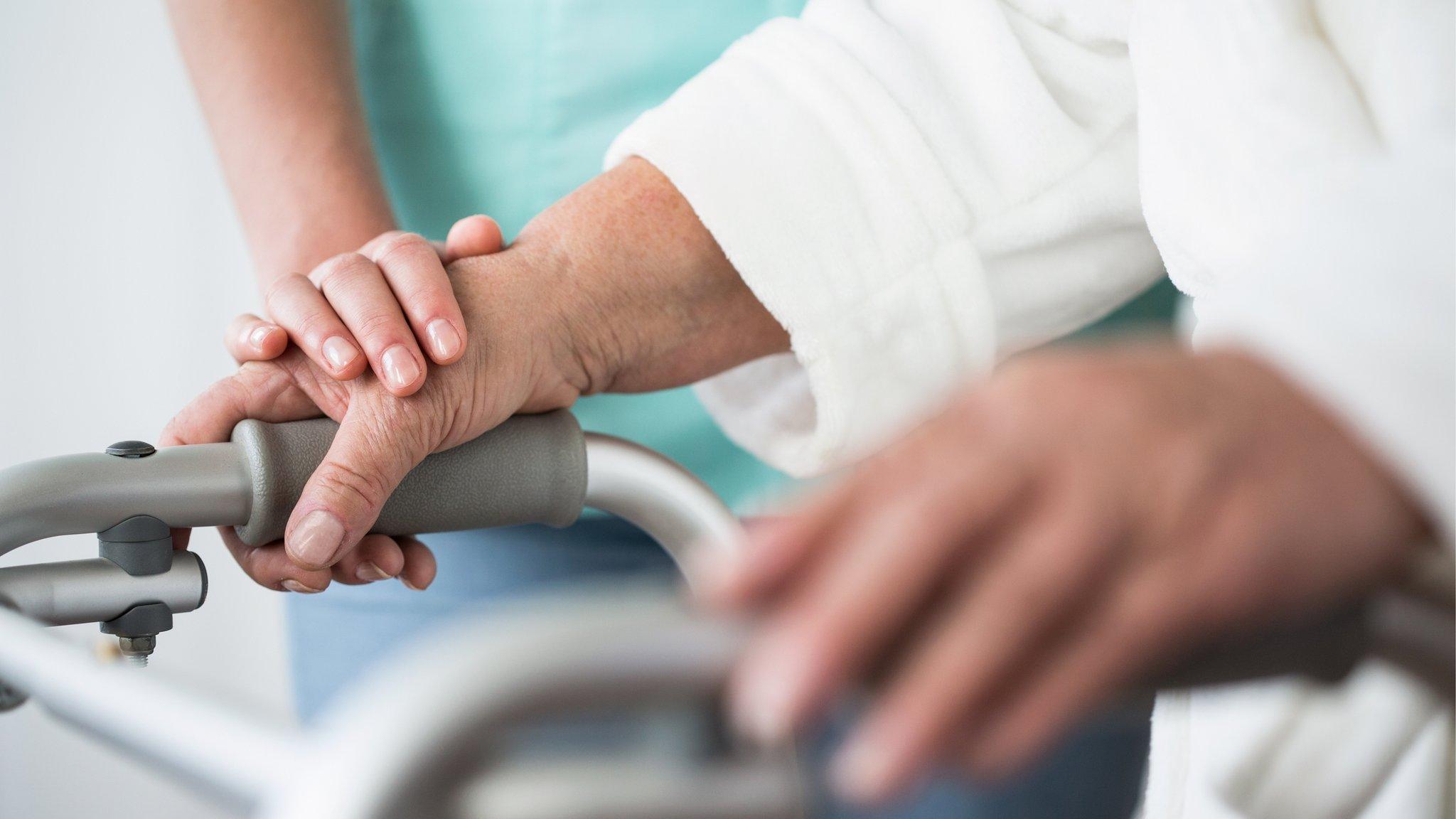
- Published8 February 2017

- Published6 January 2017
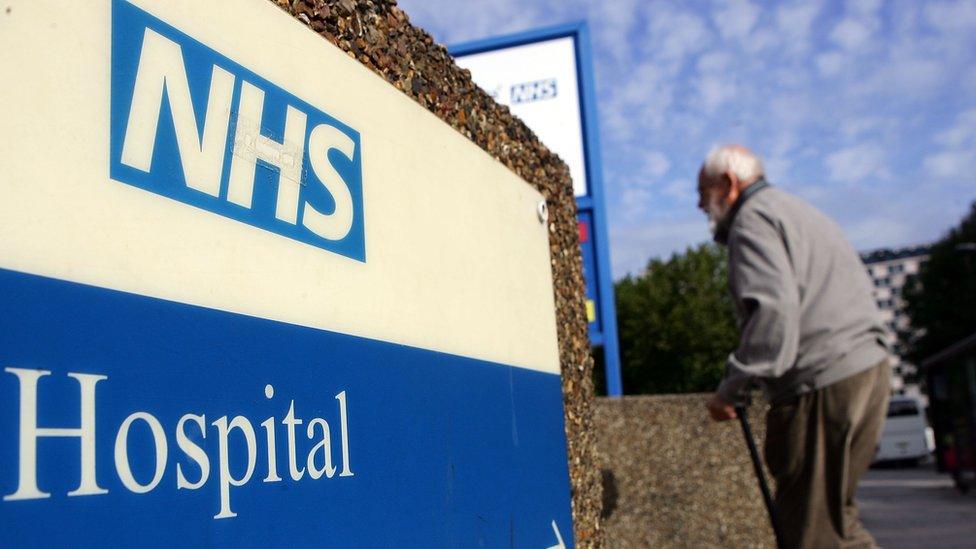
- Published12 December 2016
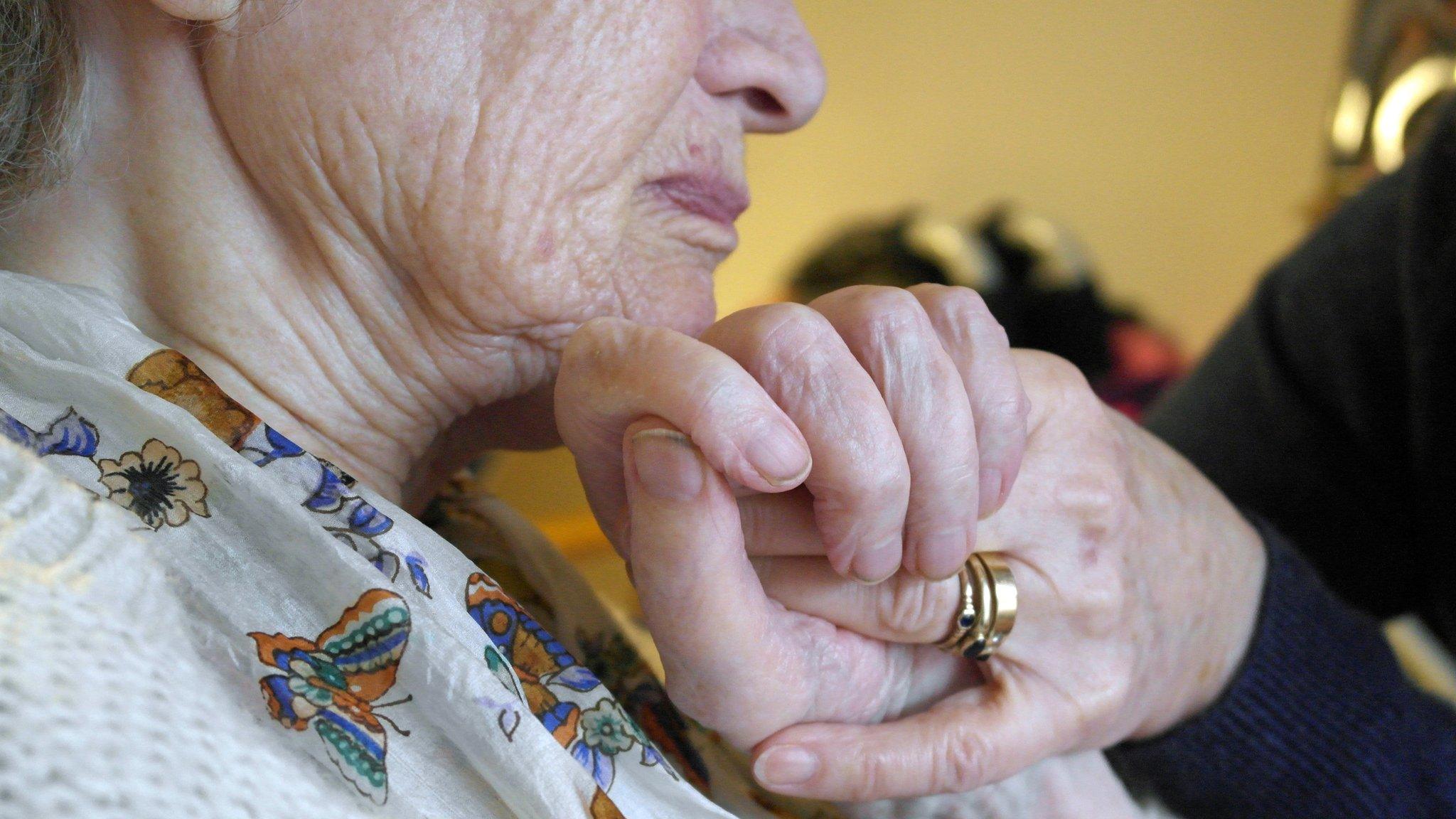
- Published13 September 2016
